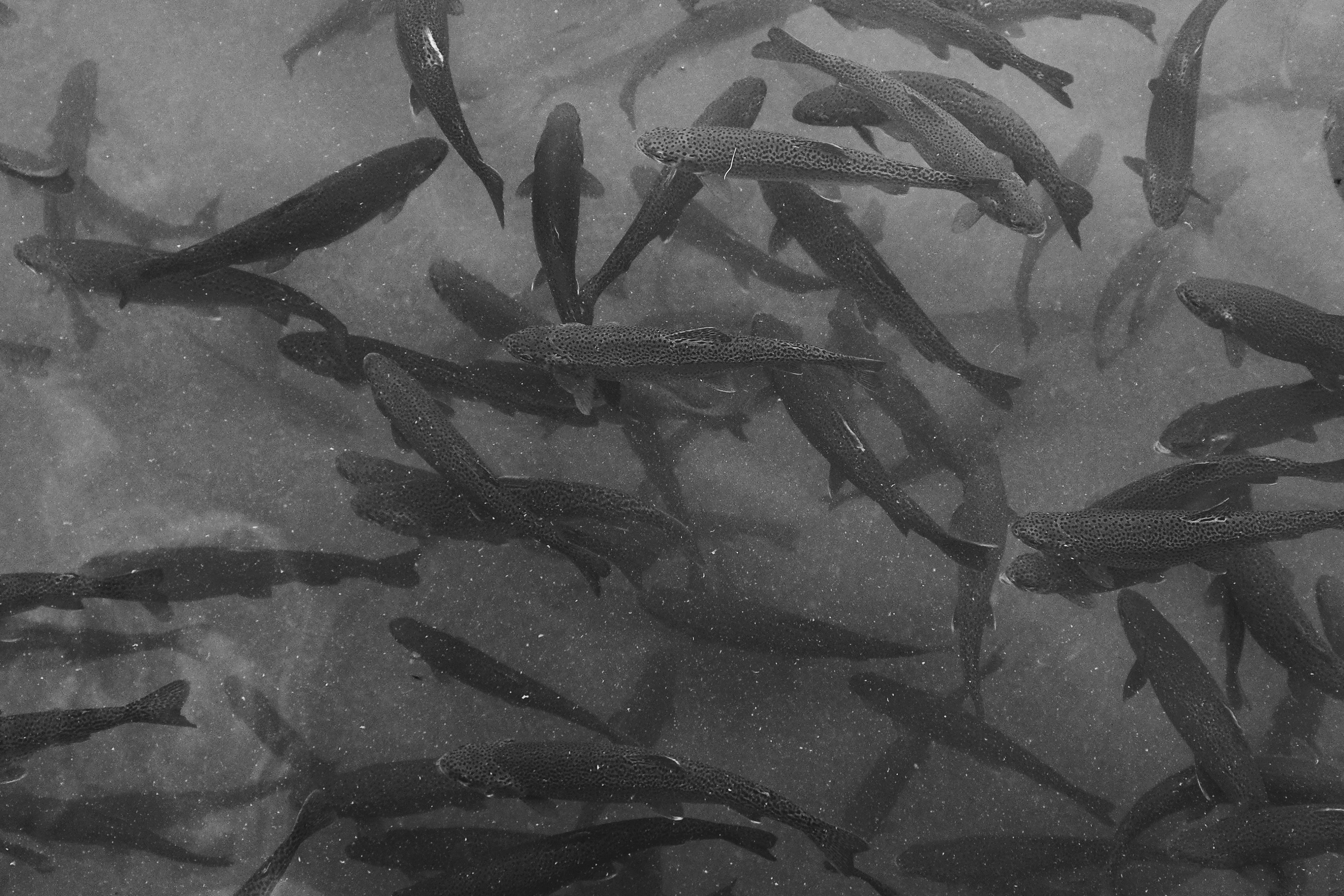Signs That Indicate Your Fish Might Have Intestinal Worms

Signs That Indicate Your fish Might Have Intestinal Worms
Keeping an aquarium can be a deeply rewarding experience, but it also comes with its fair share of responsibilities, including maintaining the health and well-being of the fish. One common health issue that fish can encounter is an infestation of intestinal worms. This condition, while treatable, can cause significant distress and harm to your aquatic pets if not addressed promptly. In this blog post, we'll explore the key symptoms that might indicate the presence of intestinal worms in fish, helping you to take timely action to ensure the health of your aquarium inhabitants.
What Are Intestinal Worms?
Intestinal worms, which include nematodes, cestodes, and trematodes, are parasitic organisms that can infect the digestive systems of fish. They are often introduced into aquariums through contaminated food, new fish that are not properly quarantined, or by transfer from existing decorations or substrates. Once established, these parasites can cause physical and health issues in fish.
Physical Symptoms in Fish
Weight Loss or Poor Growth: Despite regular feeding, infected fish may appear thinner or show poor growth compared to their healthy tank mates. This can be particularly evident if the fish has a sunken abdomen, suggesting severe nutrient malabsorption caused by the worms.
Swollen or Bloated Abdomen: Conversely, some fish may exhibit a swollen or distended abdomen. This symptom can be a sign of certain types of worms, such as tapeworms, which cause bulk inside the intestines.
Changes in Fecal Matter: Another visible sign of possible worm infestation is changes in the fish's feces. They may appear stringy, mucus-covered, or paler than usual, indicating the presence of parasites.
Increased Mucous Production: Fish with internal parasites often produce an excessive amount of mucous. This overproduction can be a response to the irritation caused by the worms.
Behavioral Changes
Loss of Appetite: A common sign of many illnesses in fish, loss of appetite can also suggest worm infestation, especially if coupled with other listed symptoms.
Lethargy or Reduced Activity: Fish suffering from an intestinal worm infection may become noticeably less active or could lay at the bottom of the tank more frequently.
Rubbing or Scratching: Infected fish might rub against tank objects or scratch itself on the gravel, which can be a reaction to the discomfort caused by the parasites.
Diagnosis and Treatment
If you suspect that your fish might be suffering from worm infestation, it's crucial to get an accurate diagnosis. This typically involves observing the symptoms and, in many cases, confirming the presence of worms through microscopic examination of feces. Once confirmed, treatment usually consists of anti-parasitic medications that can be added to the aquarium water or administered orally through food. It's also important to improve tank conditions and perform regular maintenance to prevent future outbreaks.
Prevention Measures
Preventative measures include quarantining new fish before introducing them to your main aquarium, using well-sourced and properly prepared food, maintaining clean and suitable living conditions, and regular health checks. These steps can significantly reduce the risk of intestinal worms and other diseases in your aquarium fish.
Identifying and handling intestinal worms in fish promptly ensures the vibrant health and well-being of your aquatic pets, so stay vigilant and informed to keep your underwater companions thriving.